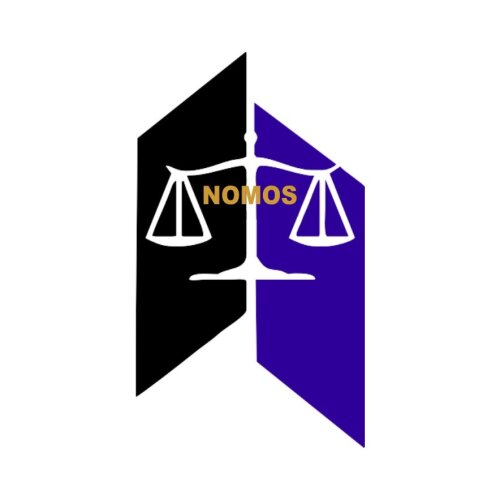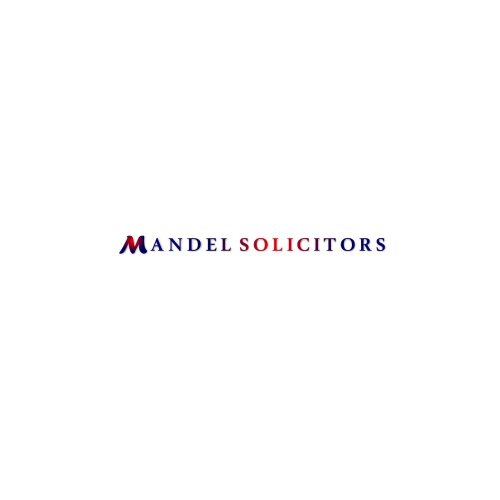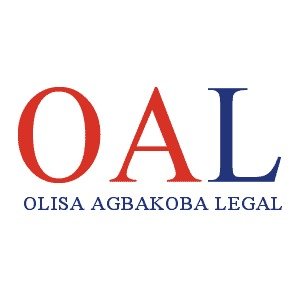Best Health Care Lawyers in Nigeria
Share your needs with us, get contacted by law firms.
Free. Takes 2 min.
Or refine your search by selecting a city:
List of the best lawyers in Nigeria
Legal guides written by Adeola Oyinlade & Co:
- Procedure and Requirements for Work Permit and Visas in Nigeria
- The Step-By-Step Procedure of How to Apply for Microfinance Bank License Online in Nigeria
- How to Ensure the Smooth Recognition and Enforcement of Foreign Judgments in Nigeria
About Health Care Law in Nigeria
The healthcare system in Nigeria is a composite structure comprising public and private sector providers. The Federal Ministry of Health (FMoH) oversees the national health policy, ensuring standards and guidelines are met across the country. Despite advancements in healthcare policy intended to improve access and efficiency, the sector still faces significant challenges such as inadequate infrastructure, unequal access, and regulatory issues. Healthcare law in Nigeria encompasses a wide array of legal disciplines, including medical malpractice, patient rights, healthcare financing, and more.
Why You May Need a Lawyer
There are various circumstances in which you may require the services of a lawyer in the healthcare sector in Nigeria:
- If you or a loved one has experienced medical malpractice and wish to seek compensation.
- For assistance in understanding patient rights and healthcare provider obligations.
- When dealing with complex issues related to health insurance claims and disputes.
- If you operate a healthcare business and need advice on regulatory compliance.
- In situations involving fraudulent healthcare practices or breach of health laws.
Local Laws Overview
Healthcare in Nigeria is governed by a mix of federal, state, and local laws. Key regulations include:
- Nigerian National Health Act (2014): This act aims to guarantee the rights of Nigerians to an efficient healthcare system by establishing standards for delivering healthcare services.
- Patients’ Bill of Rights: Outlining the rights and responsibilities of patients within the Nigerian healthcare framework.
- Medical and Dental Practitioners Act: This governs the practice of medical and dental professionals in Nigeria, by the Medical and Dental Council of Nigeria (MDCN).
- National Health Insurance Scheme (NHIS): Designed to provide accessible and affordable healthcare through structured insurance programs.
Frequently Asked Questions
What are my rights as a patient in Nigeria?
Patients in Nigeria have the right to quality healthcare, privacy and confidentiality, informed consent, and to be informed of their health status among others.
How can I lodge a complaint against a healthcare provider?
Complaints can be filed with the Medical and Dental Council of Nigeria or other related bodies mandated to investigate and mediate these issues.
Is health insurance mandatory in Nigeria?
While the National Health Insurance Scheme is encouraged, it is not yet mandatory. Plans are in place to increase enrollment and coverage.
What constitutes medical malpractice in Nigeria?
Medical malpractice occurs when a healthcare professional deviates from standard practice, resulting in patient harm. It includes negligence, incorrect treatment, or inadequate care.
How can I access public health services in Nigeria?
Public health services can be accessed through government hospitals, primary healthcare centers, and other healthcare facilities managed by the government.
Can expatriates access healthcare in Nigeria?
Expatriates can access healthcare, but it is advisable to have comprehensive health insurance as the cost of private care can be high.
What do I do if a health insurance claim is denied?
You may appeal the decision directly with your insurance provider or seek legal counsel if necessary for dispute resolution.
Are vaccinations mandatory in Nigeria?
While certain vaccinations like yellow fever are required for international travel, it is advised to consult healthcare providers for national public health recommendations.
How are healthcare workers regulated in Nigeria?
Healthcare workers are regulated by various professional bodies ensuring standards are adhered to, such as the Medical and Dental Council of Nigeria for doctors.
What happens in an emergency situation?
Most public and some private hospitals provide emergency services, and it's crucial to know key contact numbers for urgent medical assistance.
Additional Resources
- Federal Ministry of Health: The central body for health policy oversight in Nigeria.
- Medical and Dental Council of Nigeria (MDCN): Responsible for regulating medical practices.
- National Health Insurance Scheme (NHIS): Overseeing health insurance policies and implementation.
- Nigerian Medical Association (NMA): Provides support and advocacy for healthcare professionals.
Next Steps
If you need legal assistance in the healthcare sector, consider the following steps:
- Identify your specific legal needs related to healthcare.
- Research and contact qualified healthcare lawyers in Nigeria with expertise in your area of concern.
- Prepare any relevant documentation and evidence to discuss with your legal advisor.
- Explore mediation or alternative dispute resolution options before heading to litigation.
By taking these steps, you can ensure that your rights are protected and that you navigate the healthcare system in Nigeria with greater confidence.
Lawzana helps you find the best lawyers and law firms in Nigeria through a curated and pre-screened list of qualified legal professionals. Our platform offers rankings and detailed profiles of attorneys and law firms, allowing you to compare based on practice areas, including Health Care, experience, and client feedback.
Each profile includes a description of the firm's areas of practice, client reviews, team members and partners, year of establishment, spoken languages, office locations, contact information, social media presence, and any published articles or resources. Most firms on our platform speak English and are experienced in both local and international legal matters.
Get a quote from top-rated law firms in Nigeria — quickly, securely, and without unnecessary hassle.
Disclaimer:
The information provided on this page is for general informational purposes only and does not constitute legal advice. While we strive to ensure the accuracy and relevance of the content, legal information may change over time, and interpretations of the law can vary. You should always consult with a qualified legal professional for advice specific to your situation.
We disclaim all liability for actions taken or not taken based on the content of this page. If you believe any information is incorrect or outdated, please contact us, and we will review and update it where appropriate.
Browse health care law firms by city in Nigeria
Refine your search by selecting a city.
















